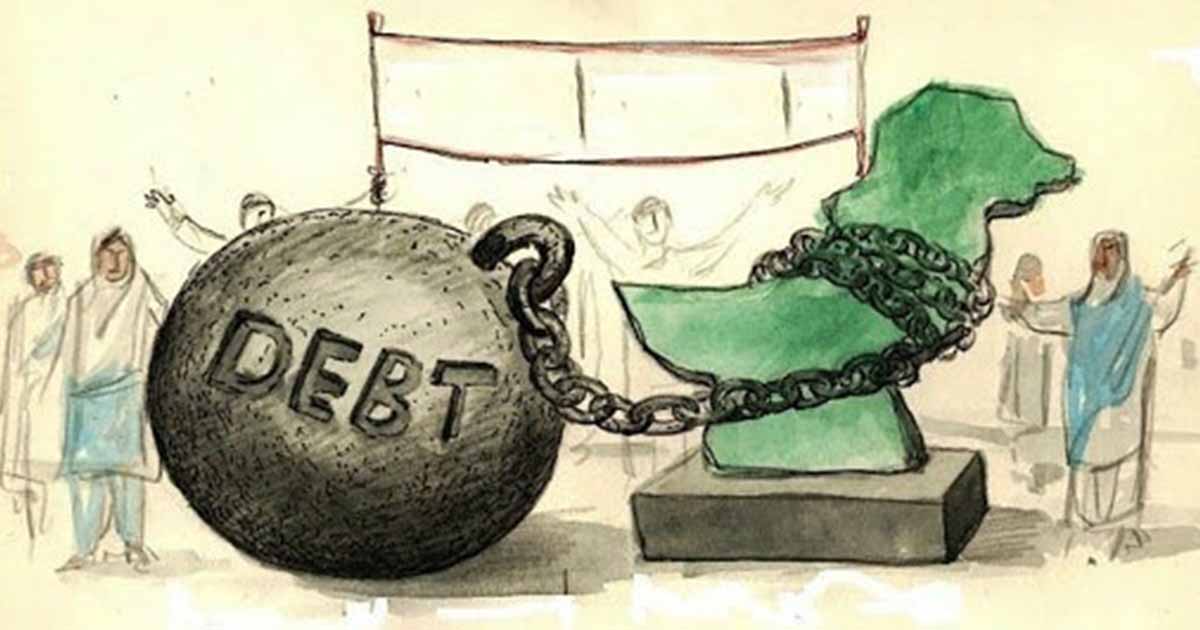The e-commerce sector in Pakistan has contributed significantly towards strengthening the economy. However, internet fluctuations have begun to hit this sector hard, shattering customer trust and creating multiple challenges, reports WealthPK.
Entrepreneurs emphasized the need for strategic measures to ensure a smooth internet connection, which is mandatory for sustainability and development of the sector.
Sara Khan, owner of an e-commerce setup, told WealthPK that internet was a lifeline for most businesses today, requiring a speedy and reliable connection. However, the situation in Pakistan is going otherwise, as internet fluctuations are hitting the e-commerce industry hard.
“Globally, efforts are underway to explore more markets by leveraging the internet. However, we are shooting ourselves in the foot by ignoring the existing setups rather than exploring ways to thrive.
“Before the fluctuations, increased internet access had opened up new avenues for us. However, inconsistent connectivity has created a plethora of problems for the people attached to the e-commerce segment, who could not capitalize on such markets efficiently,” she said.
Sara said even brief internet disruptions cost the e-commerce sector dearly. The government must avoid tampering with social media applications and other tools to foster the e-commerce sector’s development. The policymakers must block the spread of fake news on the social media but they should avoid doing so at the expense of the e-commerce industry.
She said because of internet fluctuations, countless businesses were struggling to maintain their online operations.
“This situation is frustrating for both domestic and foreign customers, leading to a slump in sales. The national kitty will take a hit if the e-commerce sector does not perform efficiently,” she added.
Sara Khan said websites, social media platforms, and personal apps were the main channels for owners to serve their clients. Social media platforms are at the forefront of boosting online sales, but many small and medium-sized enterprises are struggling to grab customers even with aggressive marketing campaigns.
“The advertising campaigns are not yielding results due to the disruptive internet speed, and our hard-earned advertising budget is going down the drain. How can you run a business smoothly when the internet – the e-business cornerstone, is not pulling its weight? Our internet services are unreliable these days, restricting the entrepreneurs’ ability to devise business growth strategies,” she lamented.
Sara said a digital media agency owner had suggested investing in a robust mobile application and incentivizing people to download it. However, in the given circumstances, her financial condition was fragile, leaving no room to break the bank on marketing.
“We know that with an application, we can mitigate the impact of internet fluctuations and ensure customer management, but the question is how long can we sustain these internet outages,” she asked.
Ahsan Ali, a digital marketing strategist, told WealthPK, that from showcasing products to order processing and providing customer service, everything was online. However, internet outages have badly hit the e-commerce and digital marketing sectors. Without a smooth internet, he said the digital marketing sector – a cash cow – was dead in the water.
“Tinkering with social media applications is hitting the interest of countless people and depriving the youth of their respected sources of earning. But those in the driver’s seat seem oblivious to this reality,” he added.
He said when the internet went down, it caused multiple issues for the digital marketing and e-commerce sectors, as both were indispensable. Without a stable internet connection, the government will not be able to bring home the much-needed forex.
Frustrated with the current scenario, freelancers are struggling to leave the country for greener pastures, he added.
Ahsan said scores of people were having a hard time getting their payment issues resolved, as the internet fluctuations had disrupted their transactions. Such situations shatter the confidence of customers in the e-commerce sector, and they will not prefer placing orders online, he added.

